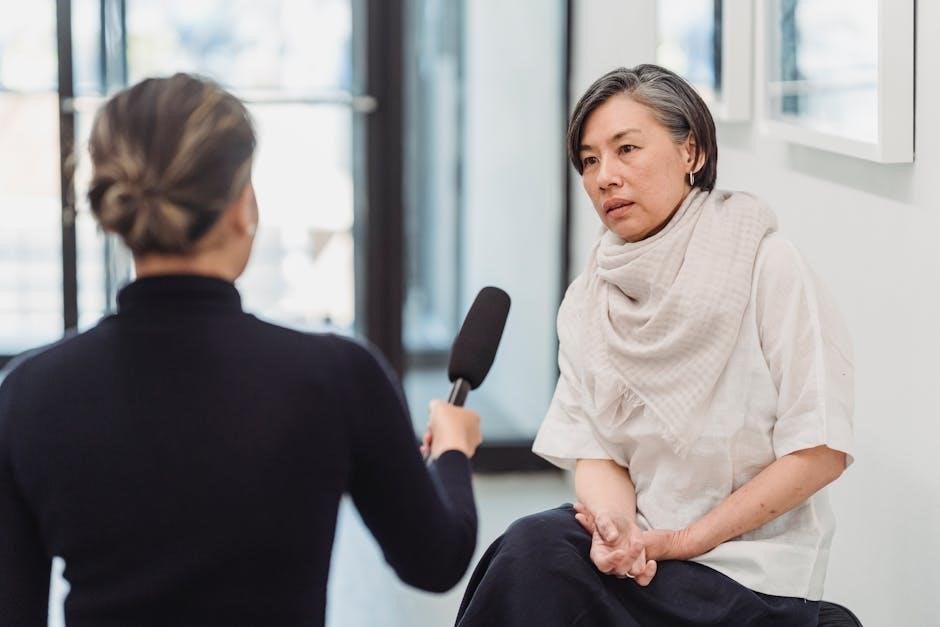Welcome to the comprehensive guide on F1 visa interview questions and answers․ This PDF resource is designed to help international students prepare effectively for their U․S․ student visa interviews, covering common questions, tips, and strategies to increase approval chances․
Overview of the F1 Visa Interview Process
The F1 visa interview is a critical step in securing a U․S․ student visa․ It typically takes place at a U․S․ embassy or consulate in the applicant’s home country․ During the interview, a consular officer evaluates the student’s eligibility, academic intentions, and financial stability․ The process begins with biometric data collection, followed by a one-on-one interview․ Applicants must present required documents, such as the I-20 form, proof of finances, and passport․ The interviewer asks questions about academic background, study plans, and post-graduation intentions to assess the applicant’s genuine intent to study and return home after completion․ Preparation is key, as the interviewer aims to verify the information provided in the visa application․ A positive and confident demeanor, along with clear and concise answers, can significantly improve chances of approval․ Proper documentation and adherence to dress code guidelines are also essential for making a good impression․
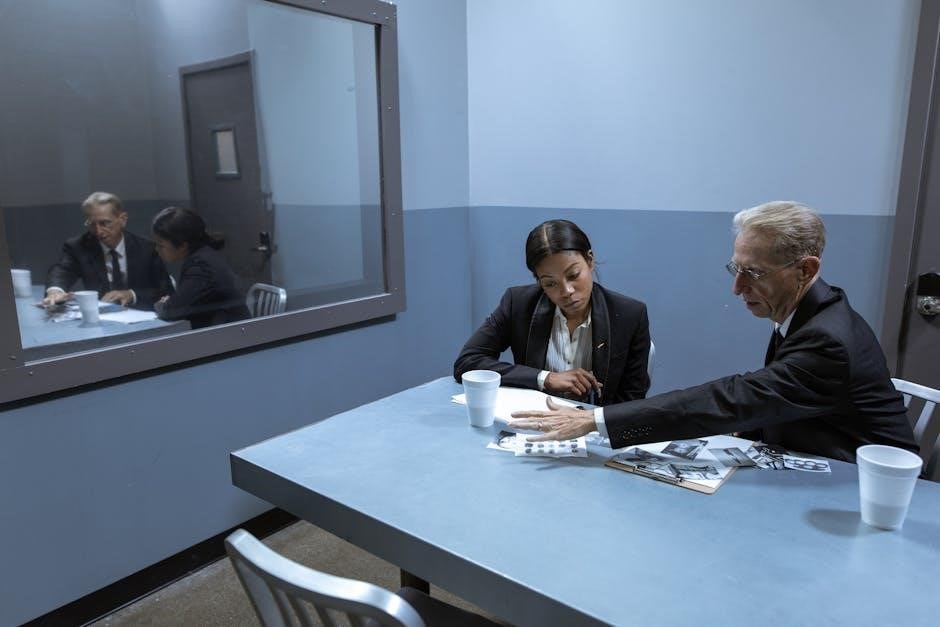
Importance of Preparing for F1 Visa Interview Questions
Preparing for the F1 visa interview is crucial for international students seeking to study in the United States․ The interview is a key assessment of the applicant’s eligibility and intentions, and proper preparation significantly increases the likelihood of approval․ Without thorough preparation, applicants may struggle to articulate their academic goals, financial stability, and future plans clearly, which can lead to visa denials․ By practicing common interview questions and understanding the expectations of the consular officer, students can present themselves confidently and persuasively․ Additionally, preparation helps in organizing necessary documents and ensuring all information aligns with the visa application․ A well-prepared candidate demonstrates seriousness about their studies and compliance with visa regulations, which are critical factors in securing an F1 visa․ Effective preparation not only reduces anxiety but also enhances the overall quality of the interview performance․

Common F1 Visa Interview Questions
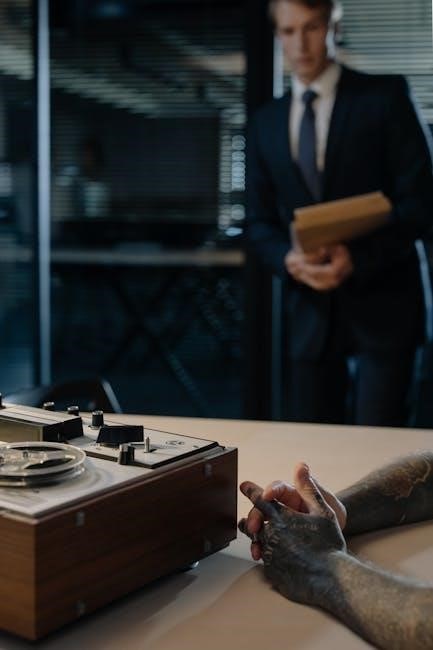
These questions assess academic qualifications, financial stability, and future intentions, ensuring compliance with U․S․ visa regulations․ Preparation is key to confidently addressing these inquiries and securing approval․
Academic and Personal Background Questions
These questions focus on understanding the applicant’s educational history, career goals, and personal motivations․ Common inquiries include: “Why do you want to study in the U․S․?” or “Why did you choose this specific program?” Interviewers also ask about academic achievements, such as “What were your major subjects?” or “Can you explain your undergraduate degree?” Additionally, personal questions like “Tell me about yourself” or “Why are you interested in this field?” are frequent․ Applicants should be prepared to discuss their academic strengths, career aspirations, and how the chosen program aligns with their long-term goals․ Demonstrating clarity and genuine interest in their field of study is crucial․ These questions help assess the applicant’s commitment to their education and their potential to succeed in the U․S․
Financial Ability and Sponsorship Questions
Financial ability and sponsorship are critical areas of focus during the F1 visa interview․ Applicants are often asked questions like, “Who will sponsor your education?” or “How will you fund your studies?” Interviewers seek to ensure that students can afford tuition, living expenses, and other costs without violating visa terms․ Applicants must provide clear evidence of their financial resources, such as bank statements, scholarship letters, or sponsorship documents․ They may also be asked about their family’s financial situation or how they plan to manage living expenses․ It is essential to present a detailed and realistic financial plan, demonstrating that they can cover all expenses for the duration of their studies․ Transparency and accuracy in documenting financial resources are key to a successful interview․
Future Plans and Intentions After Graduation
Questions about future plans and intentions after graduation are crucial during the F1 visa interview․ Interviewers assess whether applicants intend to return to their home country after completing their studies, as required by the visa regulations․ Common questions include, “What are your plans after graduation?” or “How do you plan to apply your education in your home country?” Applicants should demonstrate clear goals, such as pursuing a career, starting a business, or contributing to their field of study․ It is important to align these plans with their home country’s needs, showcasing a commitment to returning․ Vague or unclear answers may raise concerns about potential immigration intent․ Providing specific, realistic, and well-thought-out plans can strengthen the applicant’s case and demonstrate compliance with visa requirements․
Preparing Effective Answers for F1 Visa Interviews
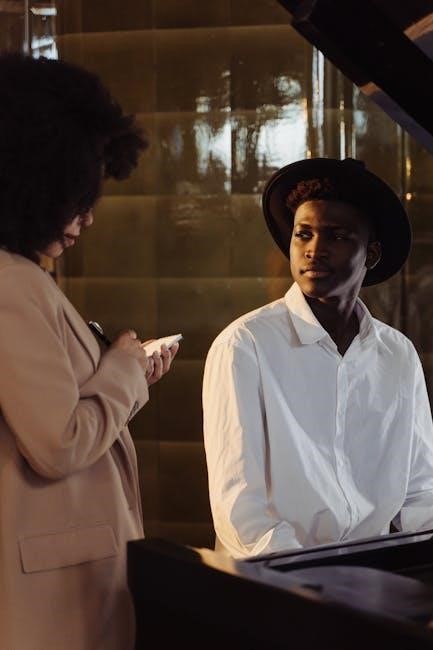
Preparing effective answers involves understanding the interviewer’s intent, structuring clear responses, and practicing delivery․ Focus on honesty, clarity, and alignment with visa requirements to build credibility and confidence․
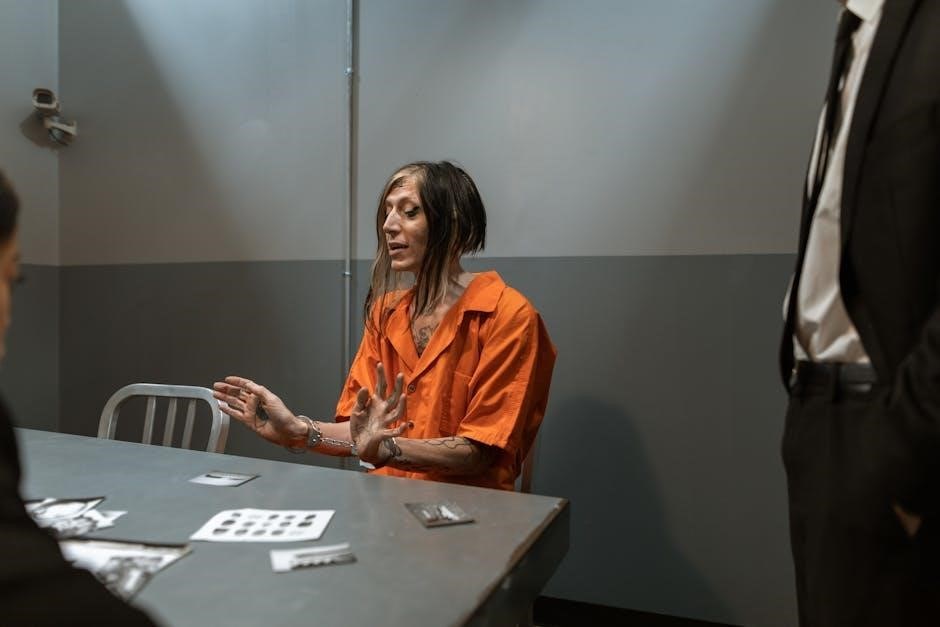
Understanding the Interviewer’s Perspective
Understanding the interviewer’s perspective is crucial for a successful F1 visa interview․ The interviewer aims to assess your eligibility, genuine intent to study, and plans post-graduation․ They seek to verify your academic background, financial stability, and adherence to visa regulations․ Be prepared to demonstrate clear goals, honest intentions, and a well-planned future․ Transparency in your answers and alignment with visa expectations are key․ Practice your responses to ensure clarity and confidence, as this will help you present your case effectively․ Remember, the interviewer’s primary focus is to ensure you meet the criteria for the F1 visa and intend to comply with its terms․ By aligning your answers with their expectations, you can significantly improve your chances of approval․
Structuring Clear and Concise Responses
Structuring clear and concise responses is essential for a successful F1 visa interview․ Begin by addressing the question directly, avoiding unnecessary details․ Use the STAR method (Situation, Task, Action, Result) to organize your thoughts․ Practice answering common questions concisely, ensuring your responses are truthful and relevant․ Avoid jargon and speak confidently in simple English․ Highlight key points such as your academic goals, financial plans, and future intentions․ Use specific examples to demonstrate your preparation and seriousness․ Remember, clear communication helps the interviewer understand your eligibility and genuine intent․ By structuring your answers effectively, you can present a strong case for your visa approval․ This approach ensures your responses are professional and aligned with the interviewer’s expectations․

Additional Tips for a Successful F1 Visa Interview
- Arrive early and dress professionally to make a positive impression․
- Stay calm, maintain eye contact, and speak confidently․
- Be honest and transparent in your responses․
- Practice mock interviews to improve your communication skills․
- Keep all documents organized and easily accessible․
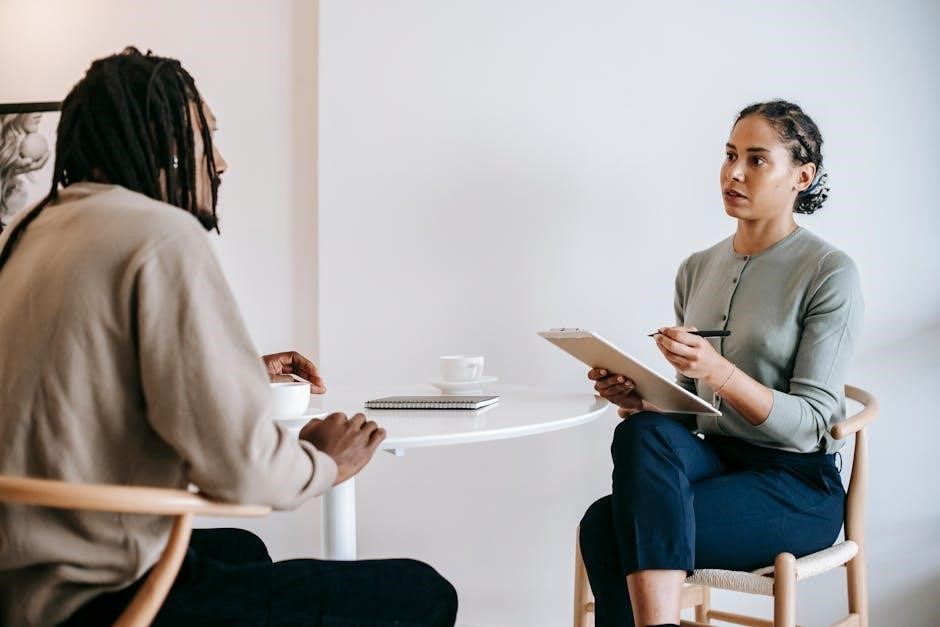
Documentation and Dress Code Tips
Ensure you bring all required documents to the interview, including your passport, I-20 form, admission letter, financial statements, and proof of English proficiency․ Organize them neatly for quick access․ Dress professionally to make a positive impression; opt for business casual or formal attire․ Avoid overly casual clothing․
Common Mistakes to Avoid During the Interview
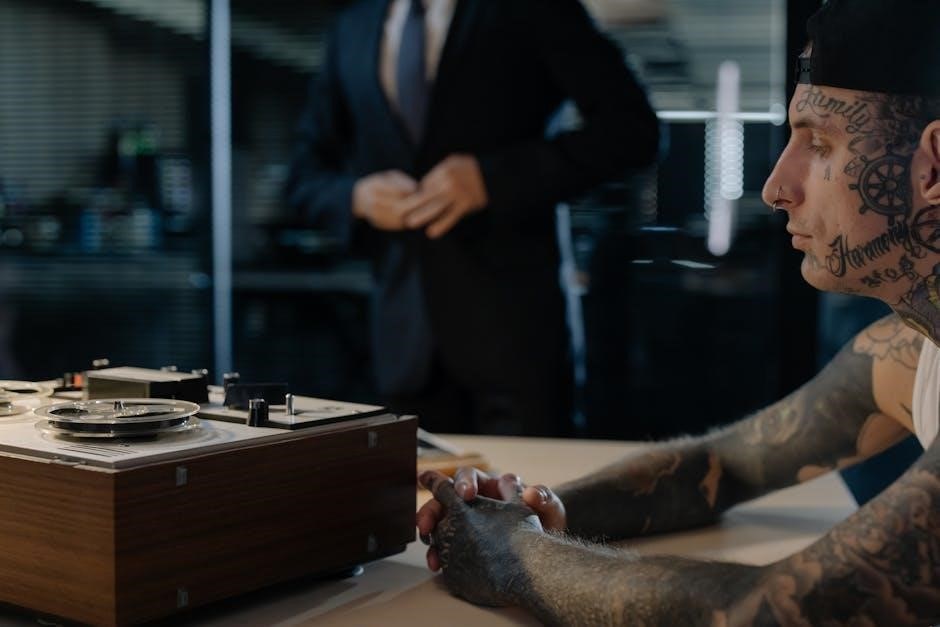
One of the most critical aspects of a successful F1 visa interview is avoiding common pitfalls․ Many applicants make the mistake of not preparing thoroughly, leading to nervousness and unclear answers․ Over-sharing unnecessary details or providing vague responses can raise doubts about your intentions․
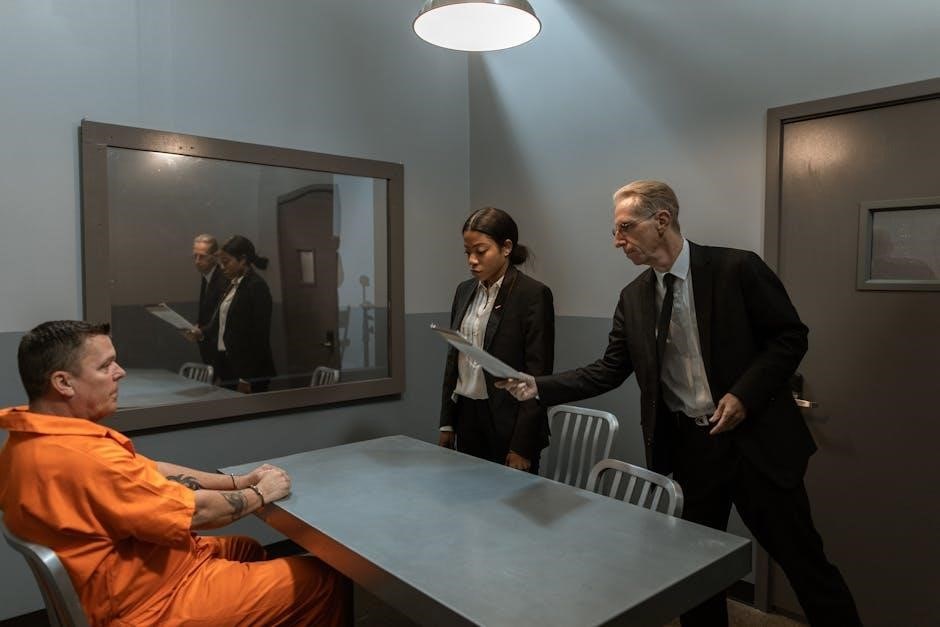
- Being dishonest or inconsistent in your answers can harm your credibility and lead to rejection․ Always stick to the truth and ensure your responses align with your documentation․
- Ignoring the interviewer’s perspective is another mistake; Understand that officers assess your ties to your home country and genuine intent to study in the U․S․
- Using overly casual language or jargon can create a negative impression․ Maintain professionalism and clarity in your communication․
Avoiding these mistakes ensures a more confident and credible performance during your interview, increasing your chances of approval․
